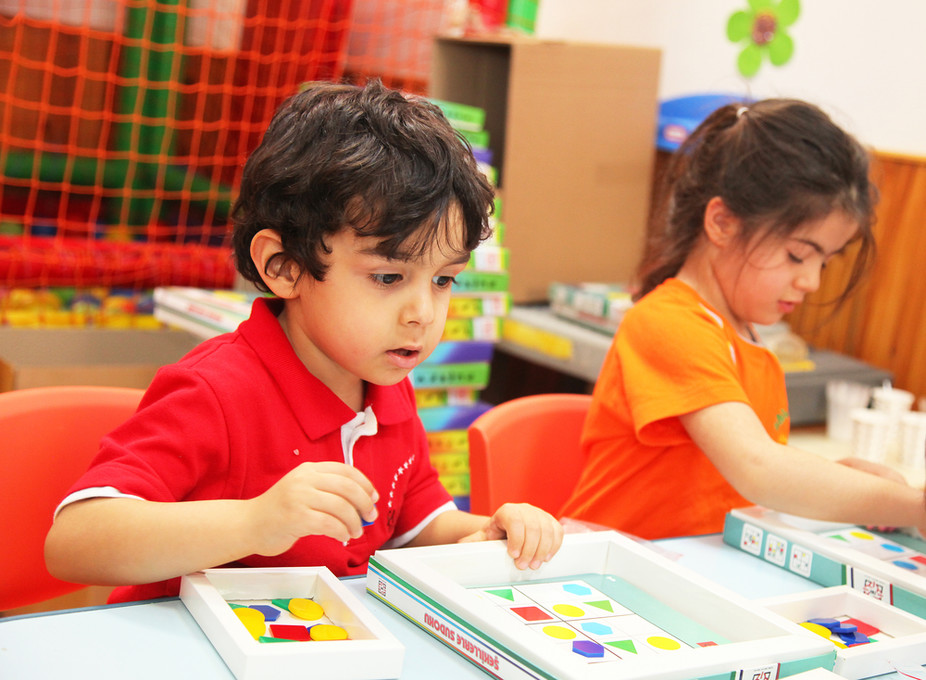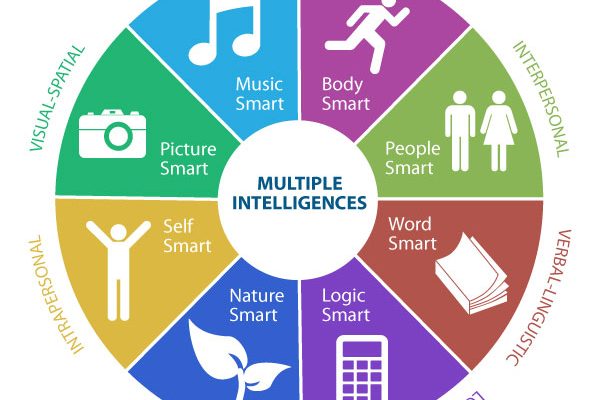Top 3 Benefits of Learning Through Play

Parents and teachers try to give children the most advantages possible when it comes to education. Something they may not consider is that children learn a lot simply through playing, whether it’s solitary play or playing with other children. This doesn’t mean that parents and teachers need to structure playtime, come up with elaborate activities or provide fancy toys for children to benefit from play. Children naturally build their communication skills, cognitive development, and social abilities through play.
Play builds communication skills
Learning through play helps children develop language, communication, and listening skills. Children talk, learn new words, and hone their communication abilities as they play. Playing also allows children to create and explore their own stories, helping them develop cohesive story-telling skills.
Even if children are playing alone, they often talk to themselves and use sound effects that help them develop language skills. When children play together they learn how to listen and talk to each other so that they can understand each other. Children can even use play to show their likes and dislikes, and convey messages in other ways. For example, children may opt to play only with toys of their favorite color, or show an interest in animals by playing with plush animals or figurines.
Play assists cognitive development
Play helps children develop problem-solving skills, reduces stress, improve their motor skills, build their independence, and foster their creativity. Playing with simple toys such as building blocks, felt shapes, and figurines can all help children develop these abilities.
As children get older, supplying them with more age-appropriate toys can help further advance this development. For example, younger children need toys they can’t break or swallow, whereas slightly older children can play with Legos to further enhance their cognitive skills. Outdoor play is especially helpful as it keeps kids active and allows them to reap the benefits of being in nature. A mix of indoor and outdoor play helps children understand how and when to play with toys, when to play quietly, and when to exert their energy.
Play helps build social skills
Playing with other children not only builds communication skills, but it also improves social ability. Playing with others helps children learn to share, the consequences of bad behavior, and how to get along with others. Play is so important for normal emotional development, assisting with language skills, and learning how to bond and interact appropriately with others. Children should be socialized from an early age so that by the time they enter school they already know how to work well with others and can be successful in a group learning environment.
Playing is such an important and often underrated part of child development. Free play can improve communication skills, cognitive development, and social ability. Parents and teachers can allow children to reap the benefits of play by providing them with age-appropriate toys, opportunities to play alone and with other children, and time to play both indoors and outdoors. Play can also be a wonderful bonding experience for children and their parents.






